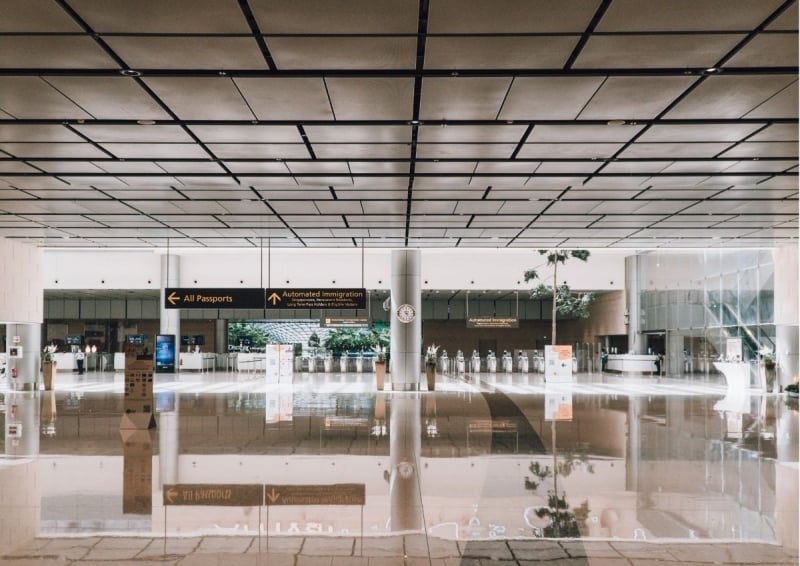Changi Airport, a leading global aviation hub, is set to implement a series of fee increases for both passengers and airlines. These adjustments, which will take effect over the next six years, aim to fund significant infrastructure investments and address rising operational costs.
Changi Airport increased fees for passengers

Image credit: Changi Airport | Official Facebook
From April 2027, departing passengers from Changi Airport will see an increase in service and security fees. By April 2030, these fees will rise from the current S$46.40 to S$58.40.
Additionally, transfer and transit passengers will face a substantial hike in fees. The current S$6 fee will soon increase to S$18 by 2030. These hikes will apply to tickets issued after 1 Jan 2025, for travel commencing from 1 Apr 2025.
Higher charges for airlines
Airlines operating at Changi Airport will also experience the brunt of increased fees. Landing, parking, and aerobridge will rise starting from April 2025. To mitigate the immediate impact, airlines will receive a 50% rebate on these increases for the first six months.
Changi Airport funds infrastructure and operational costs
The revenue generated from these fee hikes will be allocated to fund critical infrastructure projects worth S$3 billion. These include the expansion of the airport’s Skytrain system and the refurbishment of Terminal 3.
What’s more, the increased fees will also help offset rising operational costs, particularly in areas concerning manpower and energy. The airport authorities cited the impact of national initiatives like the progressive wage model, which has led to increased labor costs.
By carefully calibrating the fee increases, the airport aims to ensure that it remains a top-tier aviation hub while addressing its financial obligations.
Also read: 15 Things to Do at Changi Airport That Most Travellers Don’t Know About
The upcoming fee hikes are expected to affect both passengers and airlines. However, Changi Airport Group and the Civil Aviation Authority of Singapore assures that they will continue to work closely with stakeholders to minimise the impact of these changes.
Facebook featured image credit (R): Pia Ong via Canva Pro





